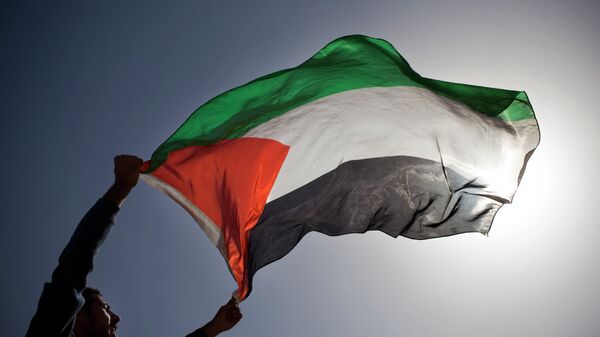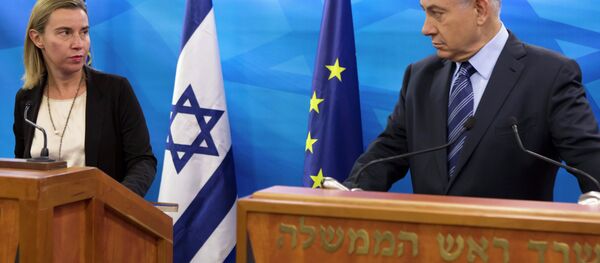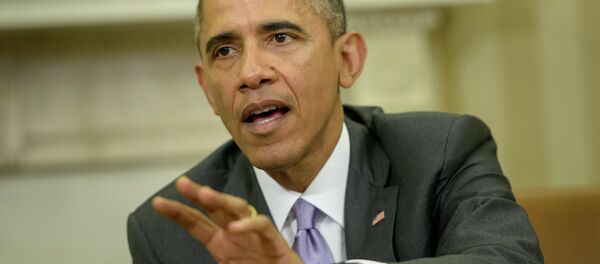A long period of generally bipartisan support for an independent Palestine has passed, according to the results of a new Washington Post-ABC News poll, which shows 39% in support and 36% in opposition.
Back in 2003, however, a Gallup poll showed as many as 58% of Americans favored establishing a new Palestinian state.
The 39% who currently support a two-state solution is the least in WaPo-ABC and Gallup polling since 1998, the Washington Post reported, and the three-point gap between support and opposition is the smallest in at least two decades.
In the days leading up to Israel’s general elections, as support for Netanyahu waned and his place in office looked to be in jeopardy, the prime minister vowed to prevent the establishment of an independent Palestinian state.
The remarks brought a sharp criticism from President Barack Obama’s administration, which is in full support of an independent Palestine. The White House went as far as to question Israel’s role in securing a two-state solution with the Palestinians.
Shortly after his victory, though, Netanyahu backed off that position and said he would continue to pursue the two-state ideal – long a goal of US foreign policy.
Views of the two-state solution are somewhat partisan, but not overwhelmingly so. While 33% of independents and Democrats oppose it, 50% of Republicans do. An additional 31% of Republicans support the idea, while 41% of independents and Democrats do.
Shortly before his reelection, Netanyahu delivered a speech to Congress at the invitation of Republican House Speaker John Boehner – an invitation that ran counter to the wishes of the Obama administration, which worried that the visit could poison ongoing negotiations with Iran over restricting its nuclear program.
The new poll shows Americans are at once supportive of such an agreement – 59% support to 31% oppose – but are not optimistic that it would succeed in reigning in Iran's nuclear program. Thirty-seven percent say they are confident that it would prevent Iran from developing nuclear weapons, while 59% are not confident.




